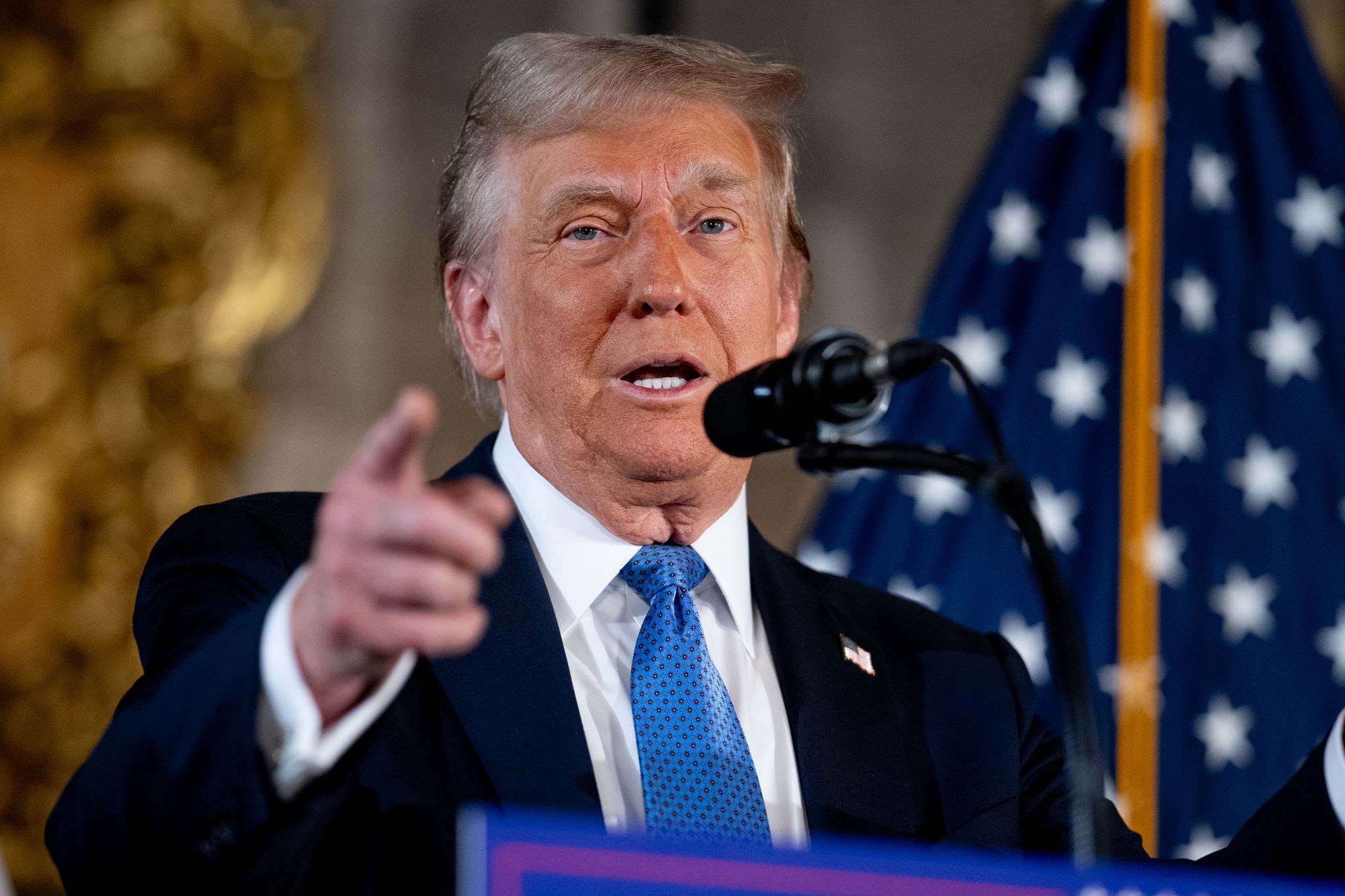Donald Trump's Plan for Arabian Countries
Focusing on Saudi Arabia and the Gaza Strip Proposal
Gaza Strip Proposal
On February 4, 2025, U.S. President Donald Trump announced plans for the United States to take administrative control of the Gaza Strip, aiming to transform it into the "Riviera of the Middle East." This proposal includes forcibly displacing approximately 2 million Palestinians to neighboring countries, such as Egypt and Jordan, and clearing over 50 million tonnes of debris and unexploded ordnance [1, 2]. The plan has drawn widespread criticism for potentially constituting ethnic cleansing and violating international law [1, 7, 15].
Normalization Efforts
Trump's plan seeks to advance normalization of relations between Israel and Saudi Arabia, building on his first-term Abraham Accords, which normalized ties between Israel, the UAE, and Bahrain [2, 3, 12]. Saudi Arabia has expressed openness to normalization but insists on a credible path toward a two-state solution, with a Palestinian state and East Jerusalem as its capital [0, 2, 3]. Trump suggested Saudi Arabia could host an international conference in June 2025 to advance this goal, though the kingdom has rejected his Gaza proposal due to concerns over Palestinian displacement [0, 3].
Alternative Arab Plan
In response to Trump's proposal, Saudi Arabia is spearheading an alternative initiative to rebuild Gaza, led by Arab states and funded by Gulf countries, potentially up to $20 billion over three years [6, 11, 17]. This plan, supported by Egypt, Jordan, and other Gulf states, aims to sideline Hamas from governance and establish a Palestinian committee to oversee Gaza's reconstruction, focusing on debris removal, urban planning, and a political track for a two-state solution [6, 17]. The initiative was discussed at a summit in Saudi Arabia on February 21, 2025 [6].
Saudi-US Relations
Despite disagreements over the Gaza plan, Saudi-US relations remain positive. Trump has chosen Saudi Arabia to host a US-Russian summit, indicating ongoing cooperation [1]. However, Saudi Arabia's commitment to Palestinian statehood and concerns about regional destabilization due to displacement pose challenges to aligning with Trump's vision [0, 2, 3]. The kingdom values potential benefits like defense agreements and nuclear program support but prioritizes its Arab and Islamic legitimacy [0, 3].
Key Points of Contention
- Displacement vs. Normalization: Saudi Arabia fears that Trump's focus on normalization with Israel overlooks the Palestinian issue, risking regional destabilization, particularly in Egypt and Jordan [0, 1, 3].
- Two-State Solution: Saudi Arabia's insistence on a two-state solution contrasts with Trump's apparent dismissal of Palestinian political rights, as his plan prioritizes economic redevelopment over statehood [0, 2, 3, 7].
- Economic Benefits: While Trump's plan may offer economic incentives, Saudi Arabia is cautious about pursuing normalization at the cost of its regional legitimacy and stability [0, 3].
Conclusion
Donald Trump's plan for Arabian countries, particularly Saudi Arabia, centers on his controversial Gaza Strip proposal to transform the region into a "Riviera of the Middle East" through Palestinian displacement and normalization with Israel. Saudi Arabia, while maintaining positive relations with the US, has rejected this plan, prioritizing a two-state solution and leading an alternative Arab initiative to rebuild Gaza without Hamas. The tension between displacement and normalization highlights the complex interplay of economic, political, and regional stability concerns, requiring careful diplomacy to avoid further escalation.
